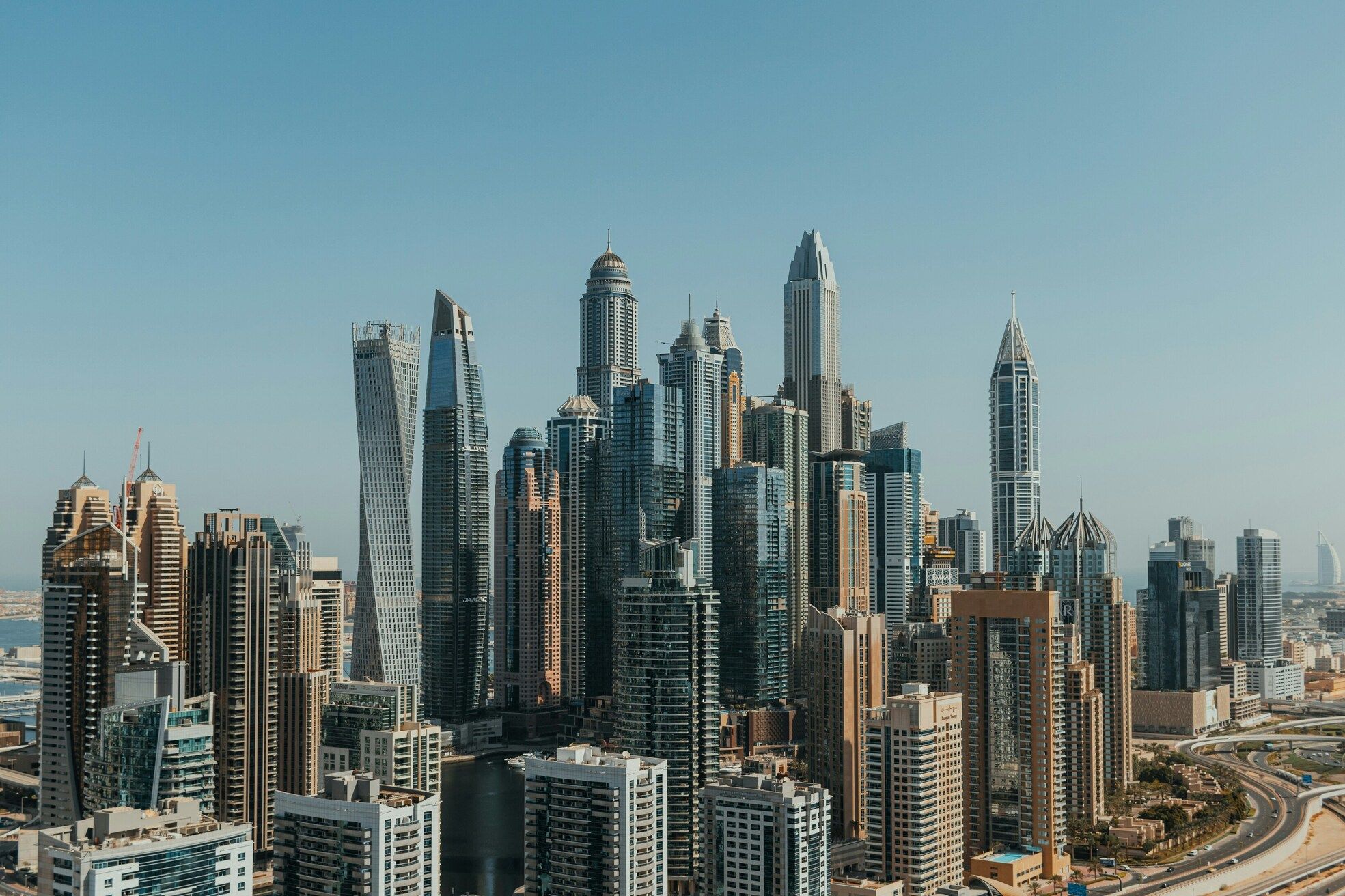
25/02/2026
Basic Arabic Phrases for Tourists in Dubai - A Guide
Copy link
TwoContinents
15 September 2025
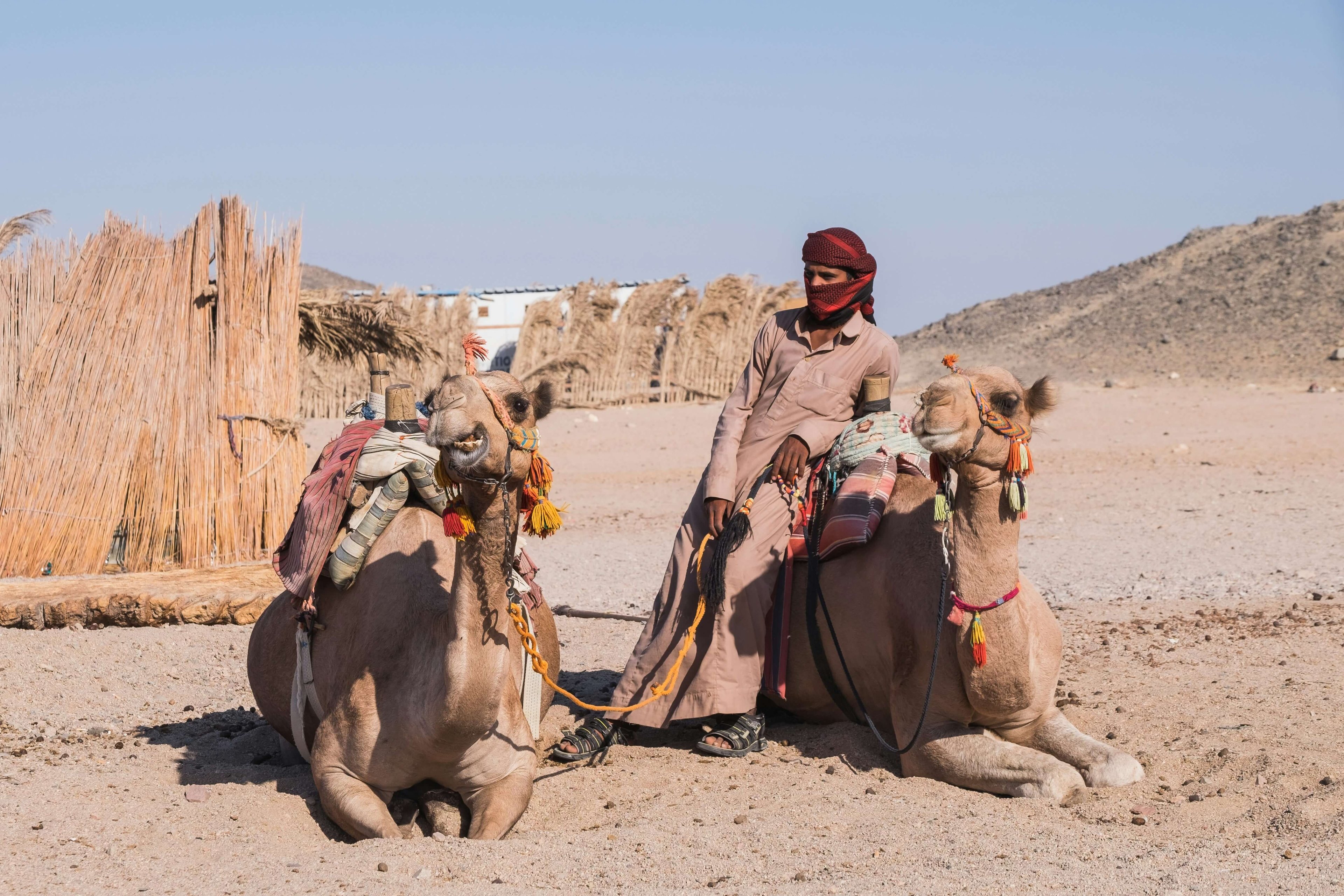
Who are the Bedouins? Traditions and life in the desert is a topic that allows for a better understanding of the culture and heritage of the United Arab Emirates. The Bedouins are a desert people with an extremely rich history, who have been able to adapt to harsh climatic conditions for centuries. Their customs related to hospitality, trade, and the art of storytelling, as well as their unique art of survival, are fascinating. Who are the Bedouins and what makes them special? What are the most important Bedouin customs?
Bedouins are Arab nomads whose history goes back hundreds of years and is inextricably linked to the desert landscape of the Middle East. Considered the oldest inhabitants of these areas, they are known for their resourcefulness, ability to adapt to difficult conditions, and adherence to a strict code of honor. Do Bedouins still live in tents in the desert? Today, part of the community lives in modern cities, but you can still find Bedouin villages where ancient traditions are cherished.
The Bedouins are a proud people who have valued loyalty and hospitality towards travelers for centuries. Although younger generations are increasingly choosing a modern lifestyle, their lives remain a symbol of their strong connection to the desert and the heritage of the region. You can learn more about the Bedouins at the Al Shindagha Museum, as well as other attractions in Dubai for history fans.
What is Bedouin life like in the desert? For centuries, their daily lives have been shaped by difficult conditions and the need to adapt to a harsh environment. Desert tribes in Dubai and other parts of the region led a nomadic lifestyle, moving in search of pastures for their herds, including in the reserve regions, which you can read about in the article - Al Marmoom Nature Reserve: Discover the beauty of Dubai in the desert. Life in the desert presented many challenges – lack of water, extreme temperatures, and limited resources required great resourcefulness and exceptional survival skills.
In the Emirates, the Bedouins developed ways of coping with the harsh climatic conditions over generations. In their daily lives, they used simple but effective architectural solutions, such as tents made of camel wool or traditional houses equipped with wind towers that provided natural ventilation. Today, this community faces modern challenges, combining its traditions with modernity, but the values associated with the desert remain the foundation of their culture.
For centuries, the everyday life of the Bedouins has been shaped by simple but deeply rooted traditions. What do Bedouins eat and how do they prepare their meals? Their diet is based mainly on local ingredients such as dates, camel milk, meat, and bread baked over a fire. Meals are prepared in a simple but very symbolic way, often around a communal fire, which promotes integration and maintains bonds within the community.
Drinking coffee is a ritual that is of great importance in Bedouin culture and is an integral part of their everyday life. There is a custom of offering coffee, which expresses hospitality and respect for the guest. Tradition distinguishes between three types of cups: findżan al thaif (coffee for guests), findżan al saif (coffee symbolizing the duty to fight in defense of the tribe), and findżan al kaif (coffee for pleasure and conversation). This gesture is considered a sign of the highest hospitality and is treated with the utmost respect among the desert community.
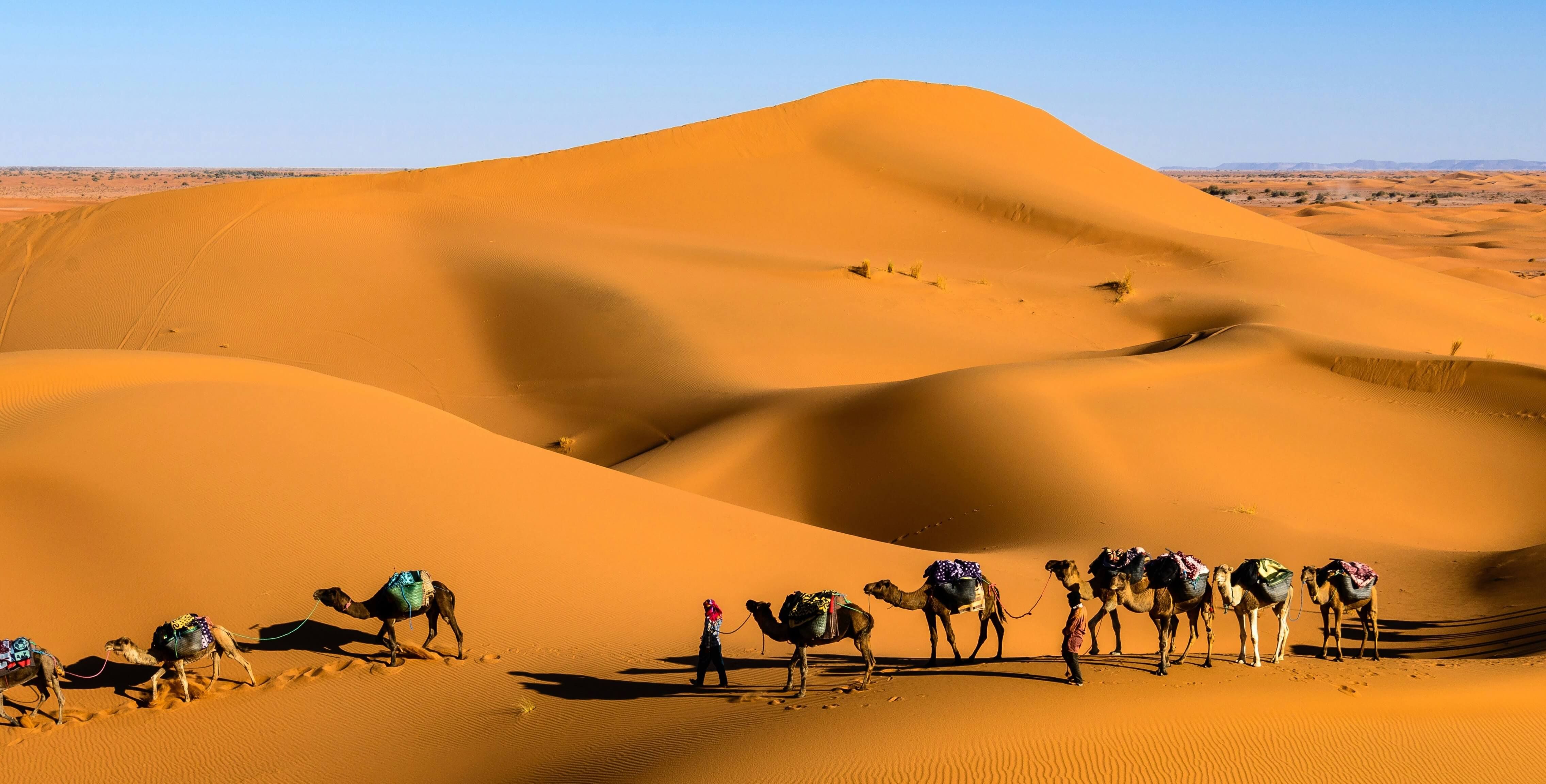
Although the city is now associated with modernity and attractions in Dubai and luxurious accommodation in Dubai are everywhere, you can still find Bedouin camps where old customs are cherished and passed on to future generations. What traditions do the Bedouins preserve in Dubai? First and foremost, they emphasize the importance of community and hospitality, which are reflected in shared meals, coffee sharing, and stories told around the campfire. Rituals related to music and dance are also still present.
Bedouin traditions emphasize respect for elders, loyalty to the tribe, and unique values such as honor, courage, and the ability to survive in difficult conditions. Thanks to this, despite the rapid development of the city, which has been contributed to by, among other things, organized trips to Dubai, their life remains a living testimony to the culture of the desert.
Bedouin culture in the Emirates plays a key role in the identity of the entire region, including how Dubai's culture is shaped today. Traditional Bedouin clothing is not only part of everyday life, but also a symbol of adaptation to desert conditions. What are the typical Bedouin clothes? Men wear light, white dishdashas to protect themselves from the heat, while women wear traditional abayas and decorative headdresses. It is these that emphasize the authentic character of this community.
Traditional dances, music, and poetry remain an important aspect, which for generations have been an essential part of social gatherings and holidays. Joint performances around the campfire or during celebrations are an opportunity to maintain bonds and pass on Bedouin culture to younger generations.
1. Who are the Bedouins and what makes them special?
Bedouins are Arab nomads whose history goes back hundreds of years and is inextricably linked to the desert landscape of the Middle East. Considered the oldest inhabitants of these areas, they are known for their resourcefulness, ability to adapt to difficult conditions, and adherence to a strict code of honor.
2. What is life like for Bedouins in the desert?
Desert tribes in Dubai and other parts of the region led a nomadic lifestyle, moving around in search of pastures for their herds. Life in the desert presented many challenges – lack of water, extreme temperatures, and limited resources required great resourcefulness and exceptional survival skills.
3. What are the typical Bedouin clothes?
Men wear light, white dishdashas to protect them from the heat, while women wear traditional abayas and decorative headdresses.
See other news

25/02/2026
Basic Arabic Phrases for Tourists in Dubai - A Guide
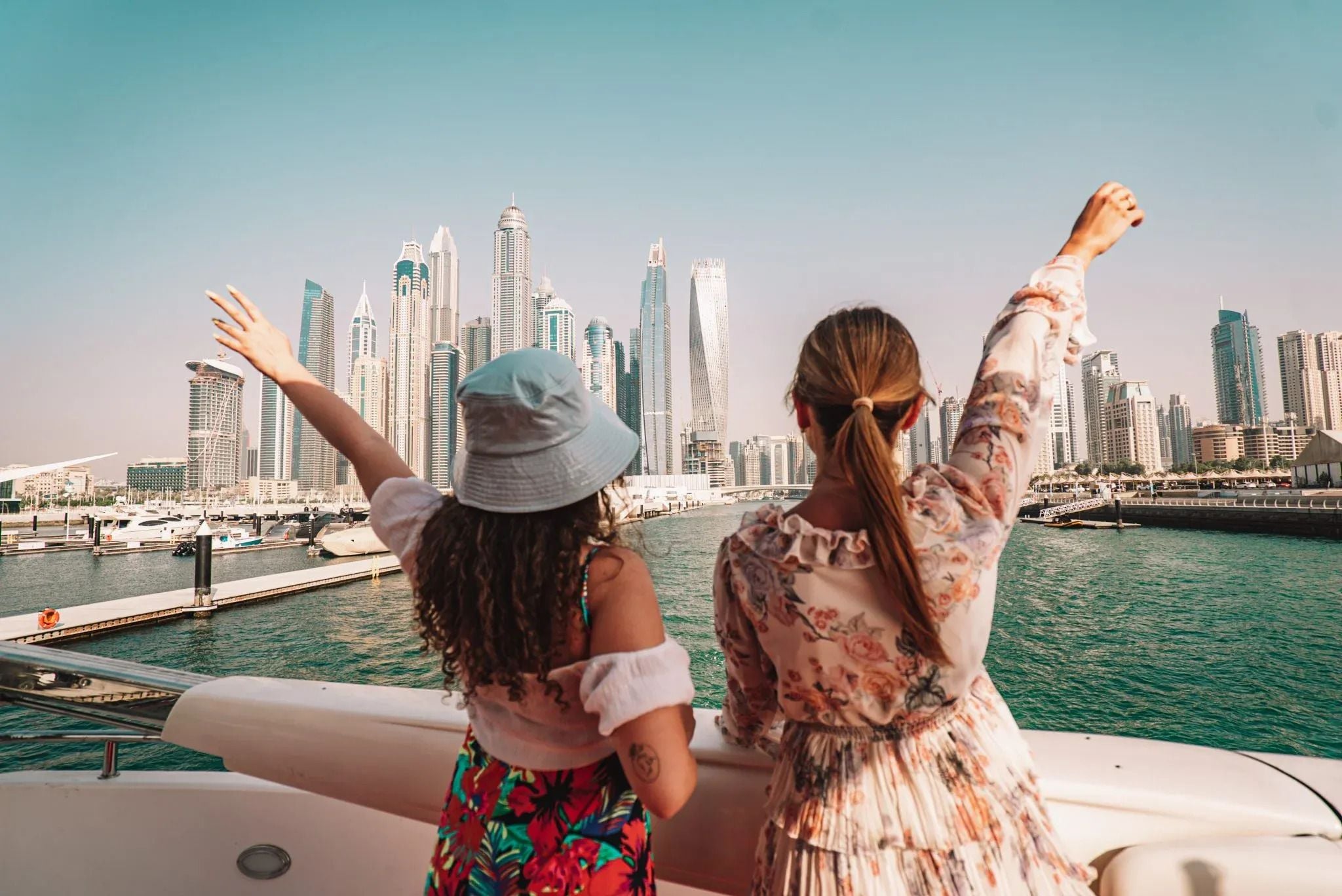
25/02/2026
Holidays in the United Arab Emirates – is it worth going?

25/02/2026
The Wealth of Dubai: What makes Dubai so rich?

25/02/2026
Ain Dubai, the world's largest Ferris wheel reopens!

25/02/2026
What are the people of Dubai called?
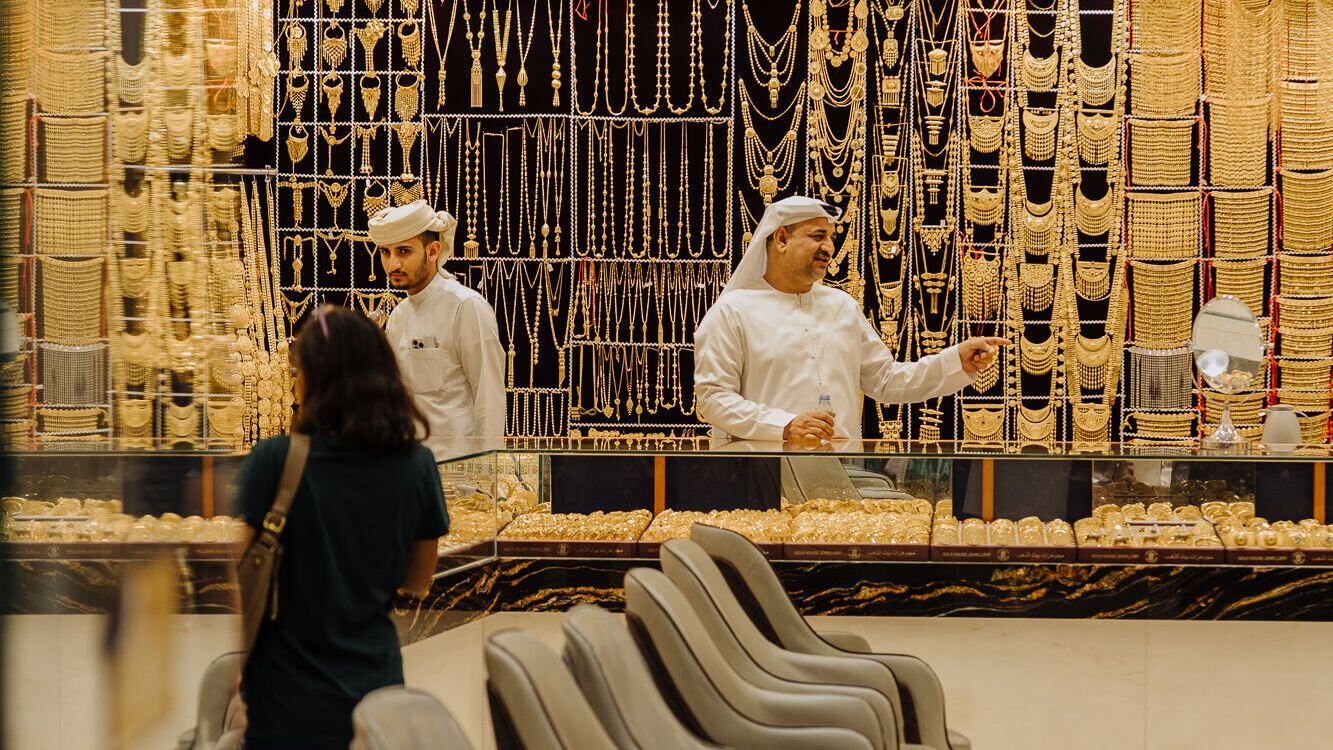
25/02/2026
Yalla – what does it mean? Discover the most popular Arabic word
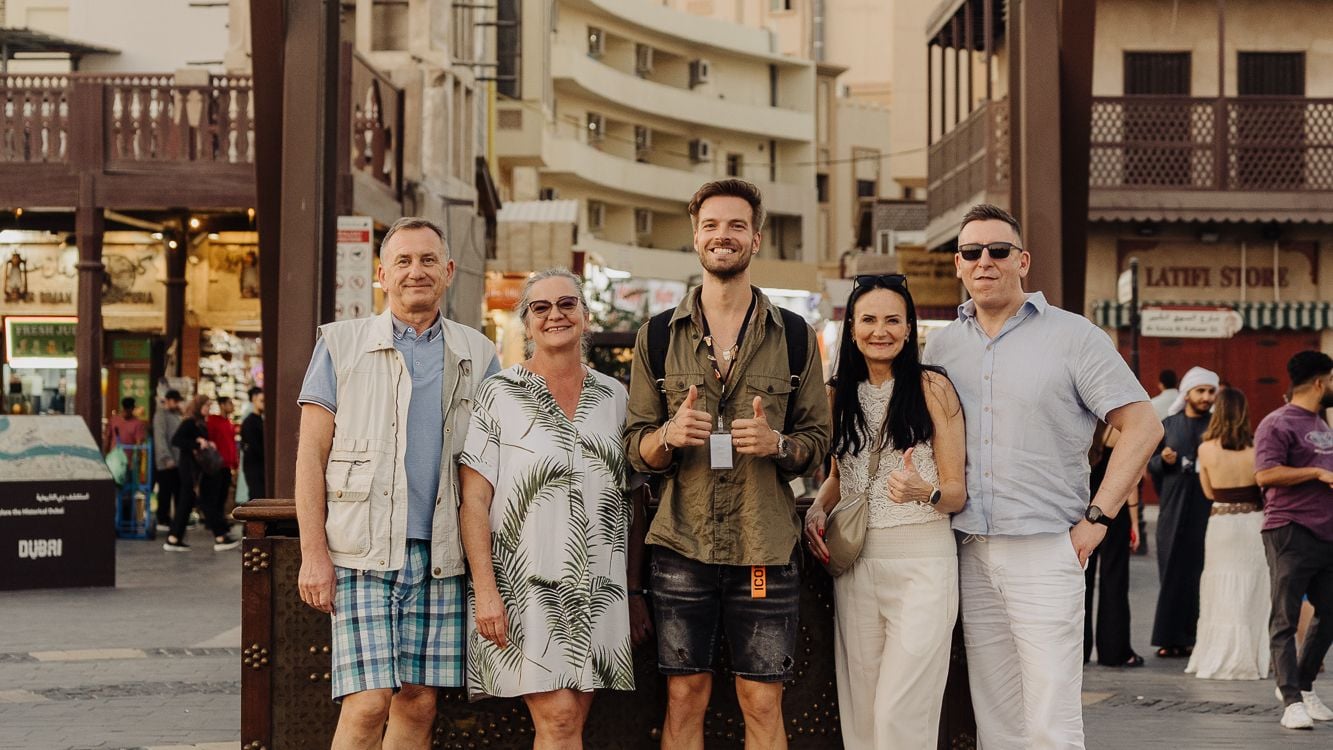
25/02/2026
United Arab Emirates – what to see? A complete guide to attractions
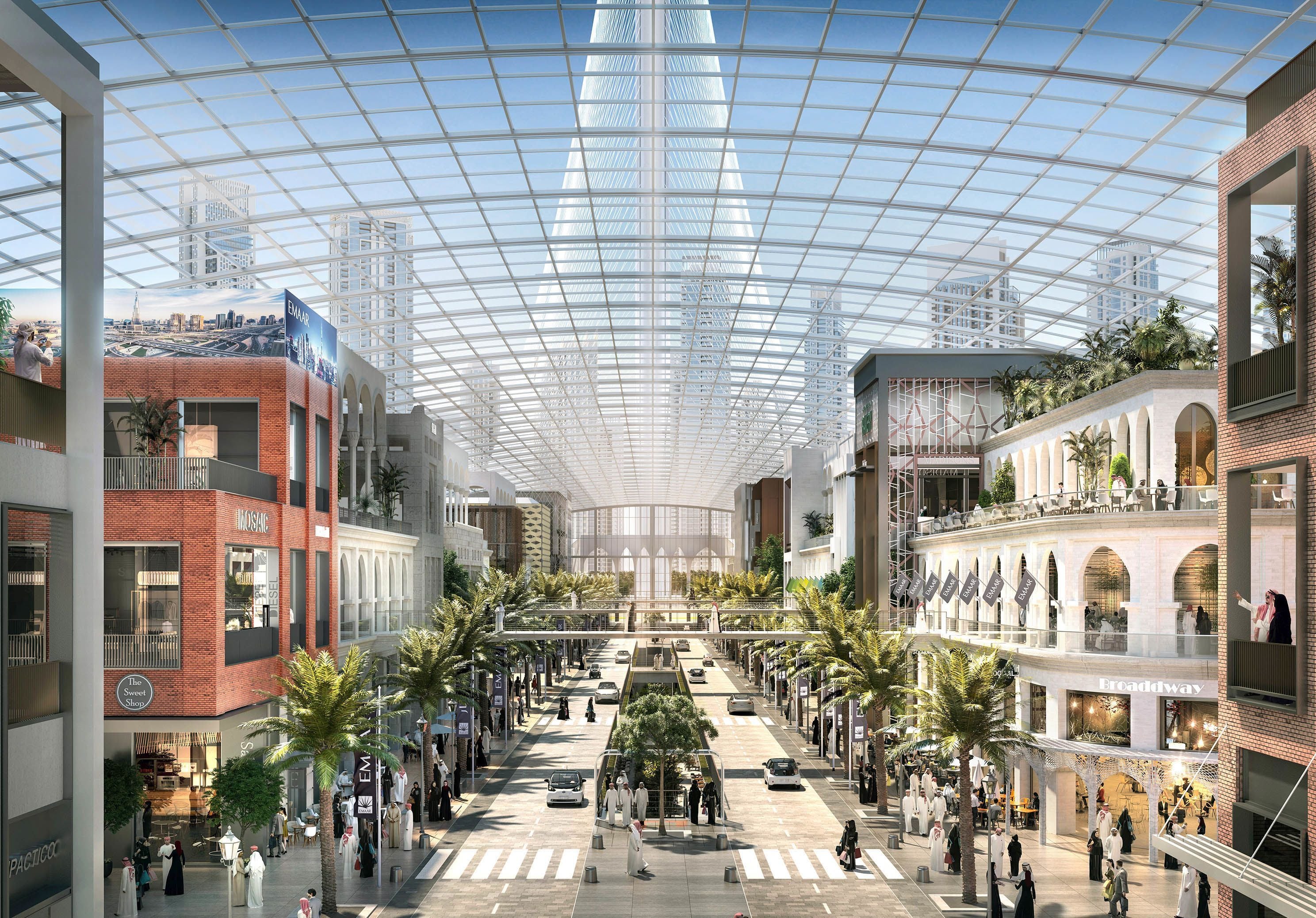
23/02/2026
A new shopping center will be built in Dubai – Dubai Square
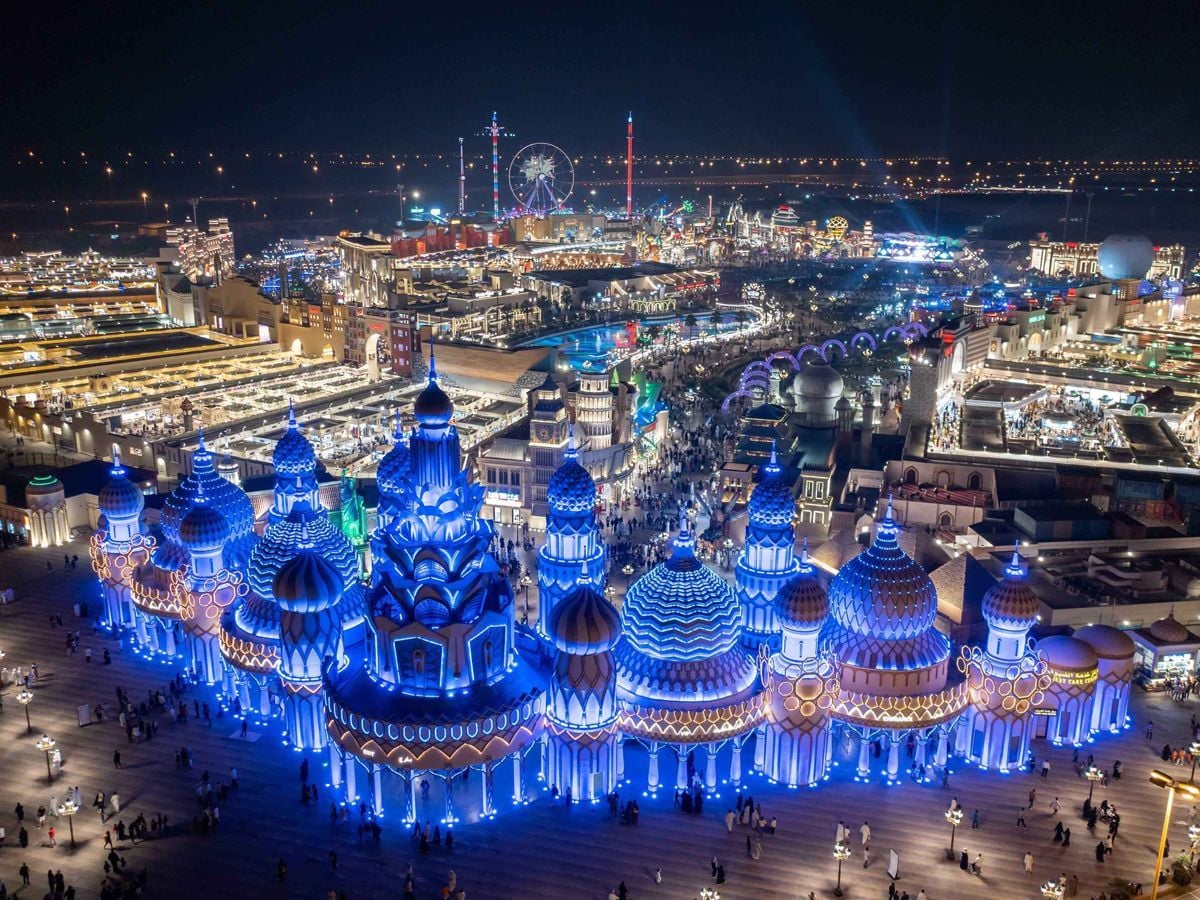
23/02/2026
Change in Global Village opening hours due to Ramadan
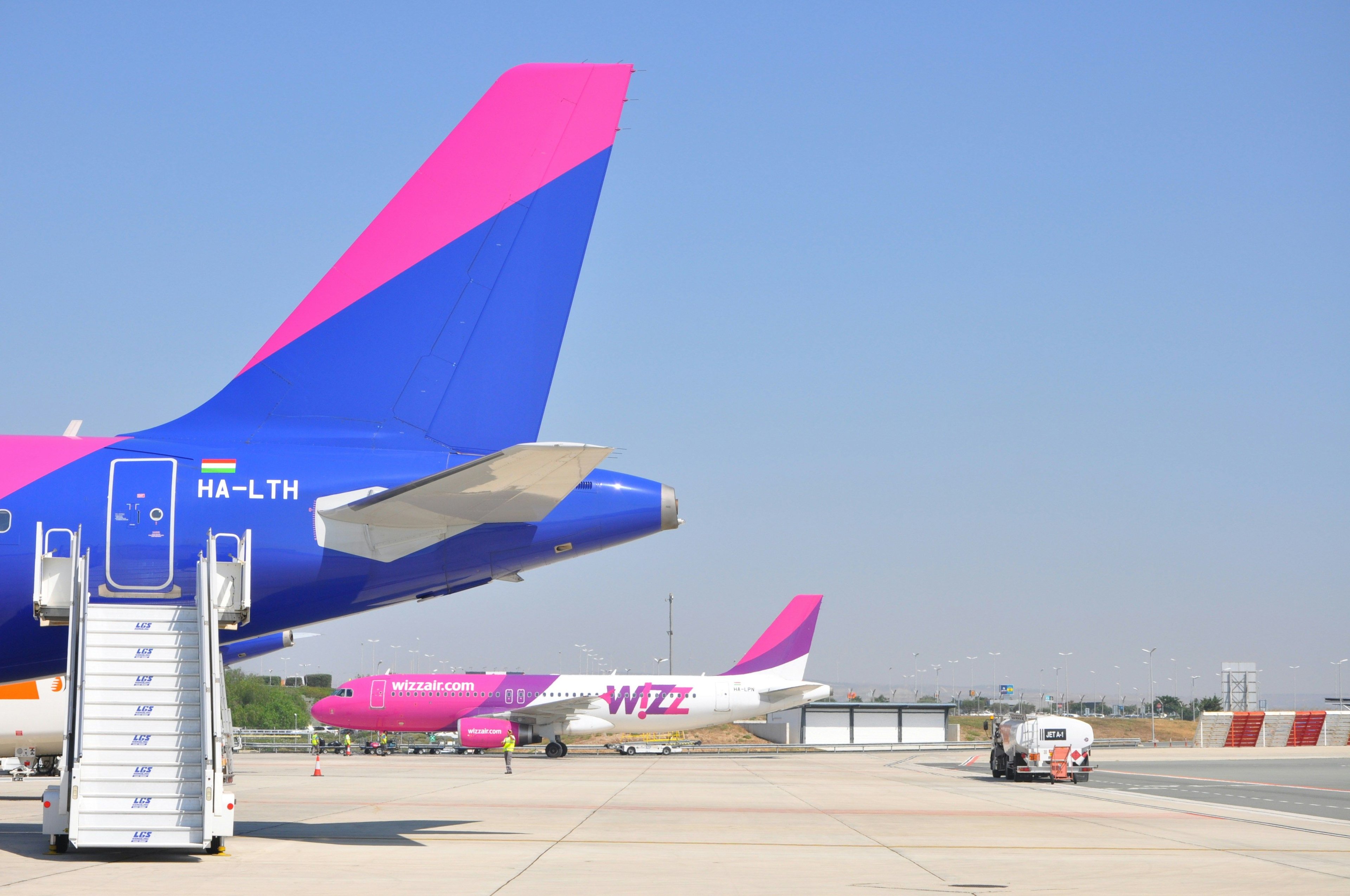
23/02/2026
Wizz Air aims to launch a base in Israel